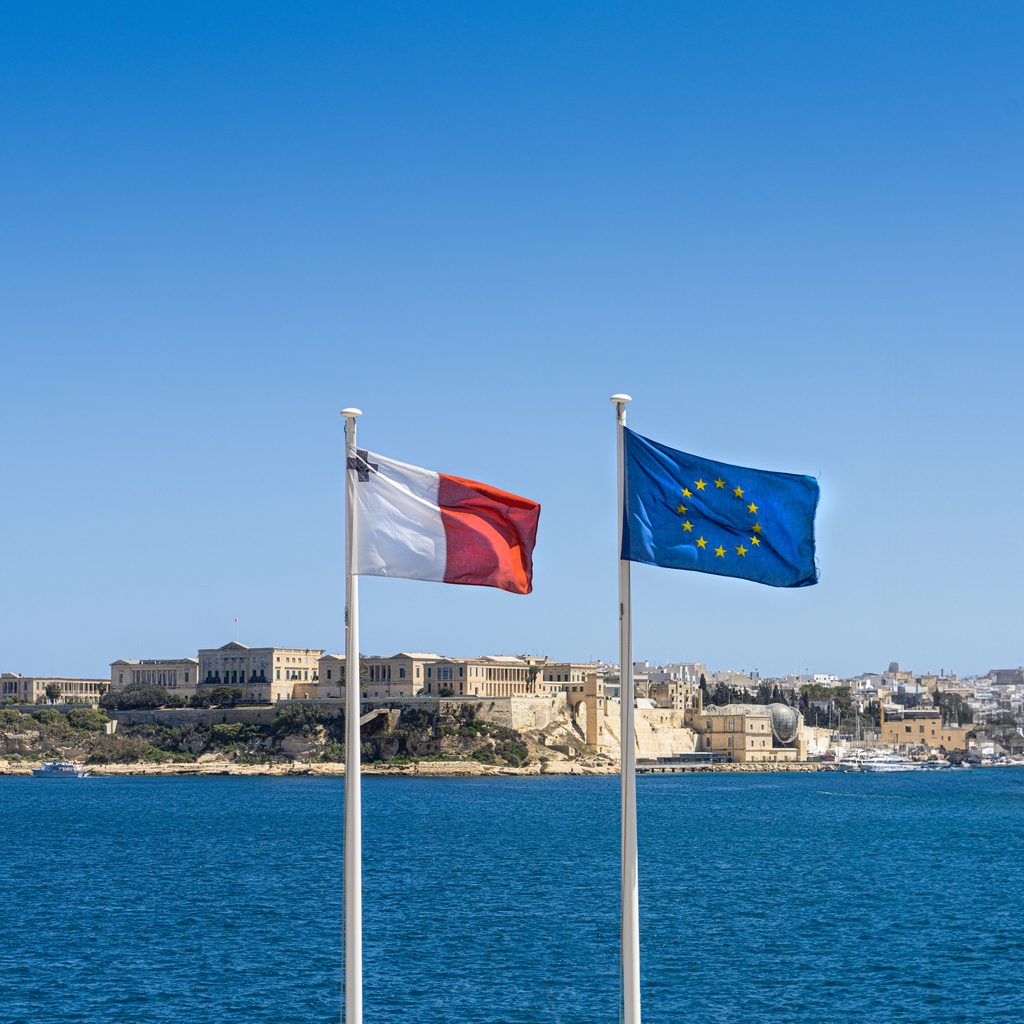20 years of EU membership: Achievements and inequalities

As Malta commemorates 20 years of EU accession, it is time to reflect on the journey travelled and the path forward. Two decades ago, Malta made a historic decision to join the EU, embracing a future of integration and collaboration. Since then, the benefits of EU membership have been significant, contributing to Malta’s economic growth, social progress, and enhanced global standing.
However, amidst the celebrations, it’s crucial to acknowledge the persistent challenges and inequalities that persist within the EU. One such challenge is the uneven implementation of EU directives across member states, leading to a fragmented and diluted regulatory landscape. This issue is particularly pronounced in areas concerning workers’ rights, where disparities in implementation can create a “two-speed Europe”.
One glaring example is the recent Work-Life Balance Directive, aimed at improving work-life balance and gender equality by introducing measures such as parental leave and flexible working arrangements. While the directive represents a significant step forward, its effectiveness is undermined by variations in implementation timelines and enforcement mechanisms across member states.
In essence, this creates a situation whereby workers in some countries enjoy greater rights and protection than their counterparts in others, perpetuating inequalities and undermining the principles of solidarity and fairness that underpin the EU.
To address this challenge, it is imperative to reform EU directives to ensure uniform transposition and implementation across all member states. This requires a concerted effort to negotiate standardized timeframes for implementation, ensuring that the final destination – equal rights and protections for all workers – remains consistent across the EU.
By establishing clear and equitable guidelines for transposing directives, the EU can mitigate disparities and create a level playing field for all member states. This not only fosters a sense of cohesion and unity but also strengthens the EU’s credibility as a guardian of fundamental rights and social justice.
Moreover, ensuring equal implementation of EU directives is not just a matter of fairness; it is essential for the long-term sustainability and cohesion of the European project. In an increasingly interconnected and interdependent world, disparities in workers’ rights can undermine social cohesion, exacerbate inequalities, and erode trust in the EU institutions.
As Malta marks this significant milestone in its EU journey, it has an opportunity to advocate for greater solidarity and equality within the Union. By championing reforms that promote uniform implementation of EU directives, Malta can reaffirm its commitment to the European values of democracy, equality, and solidarity.
Let us not only reflect on past achievements but also rededicate ourselves to the principles of equality, fairness, and solidarity that lie at the heart of the European project. By working together to address disparities and ensure uniform implementation of EU directives, we can build a stronger, more cohesive Union that truly serves the interests of all its citizens.
